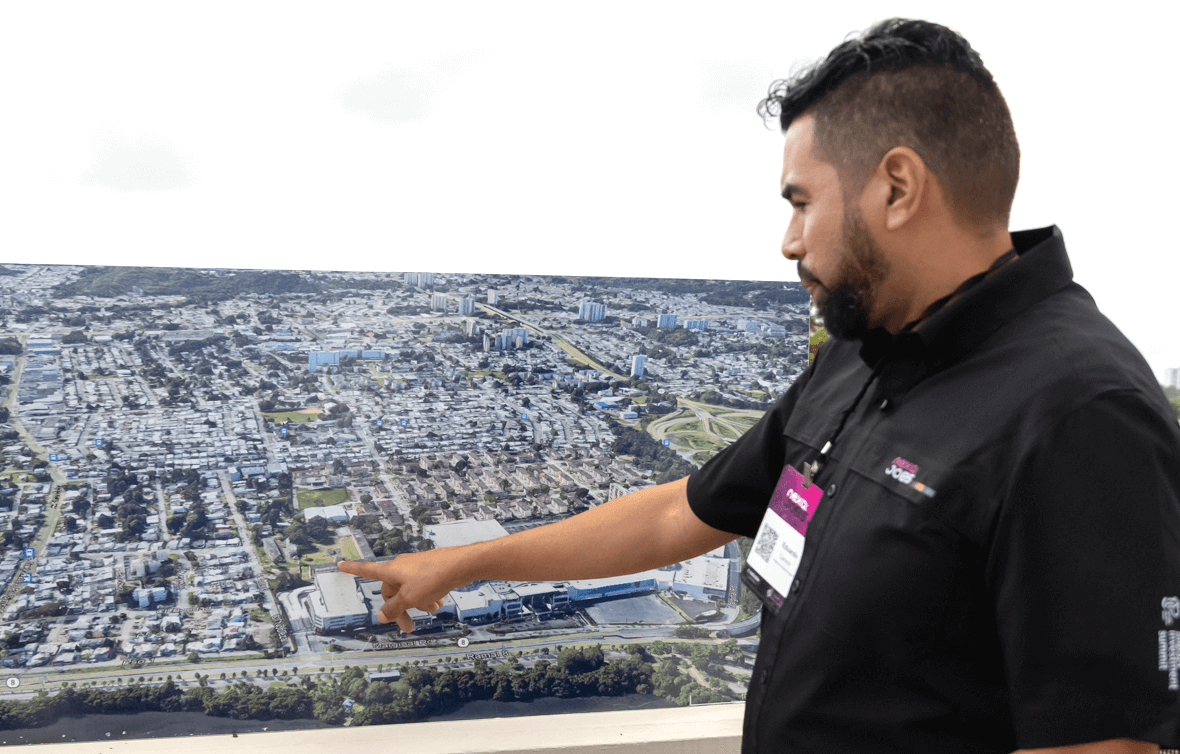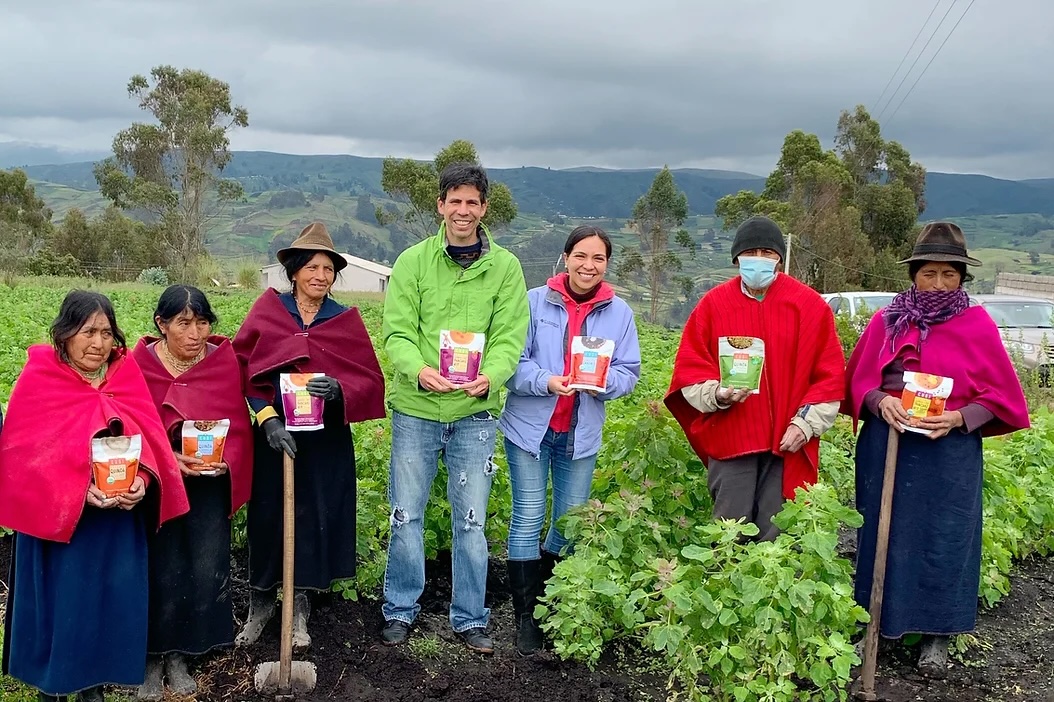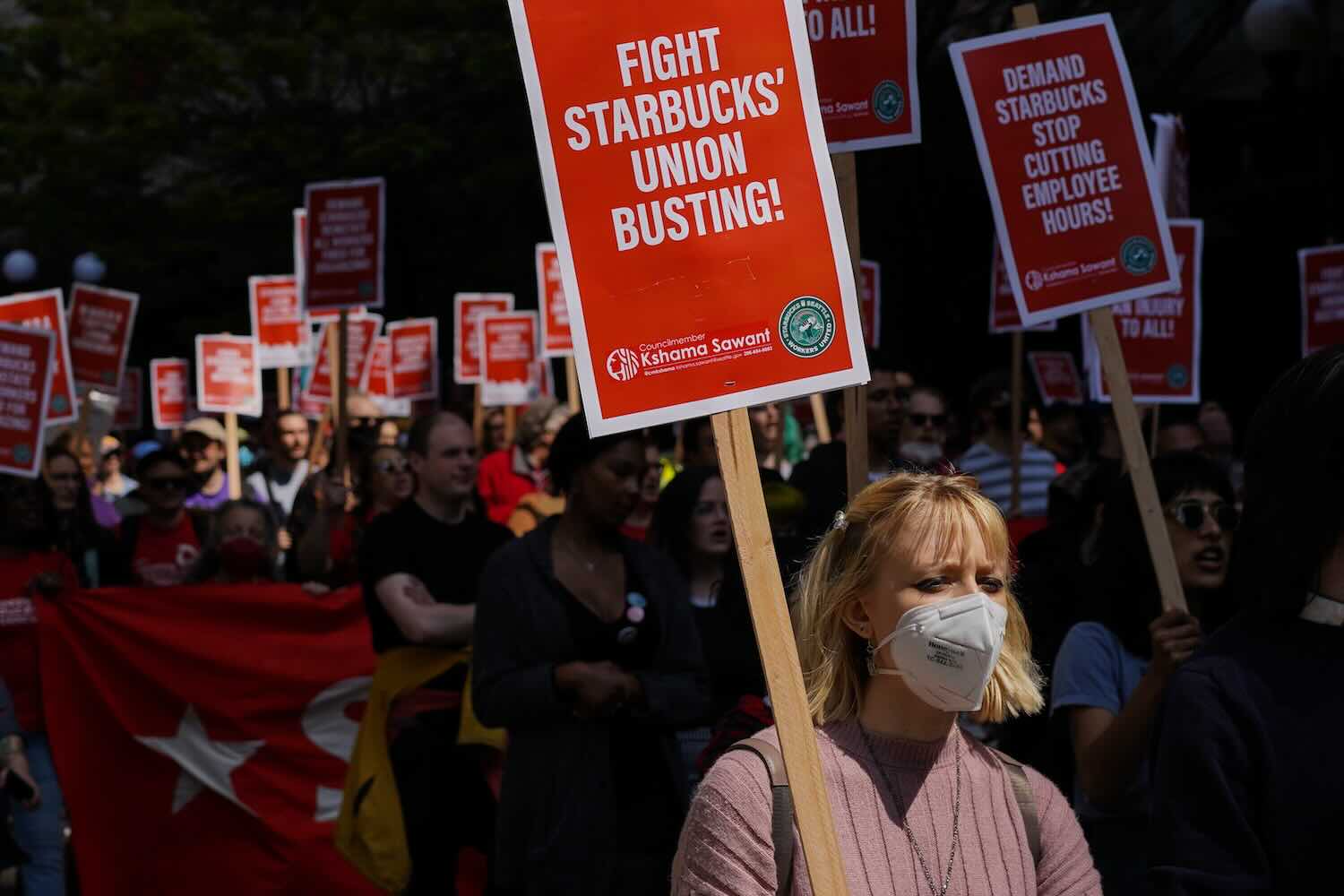ImpactAlpha, May 9 – Kentucky Derby winner Mage isn’t the only community-owned asset with national momentum (almost 400 fractional investors held a 25% stake in the horse through the investment app Commonwealth).
In neighborhoods across the country, community actors are harnessing legal structures and evergreen investment funds to preserve ownership of commercial and residential assets (see, “Neighborhood trusts are taking on speculators and building community wealth”).
Communities are experimenting with models from community land trusts and cooperatives (East Bay Permanent Real Estate Cooperative and Detroit Food Commons) to real estate investment trusts (Groundcover and Kensington Corridor Trust) and approaches to Tribal land repatriation (Indian Land Tenure) to push back on gentrification and displacement, while creating new pathways for wealth creation.
Local fragmentation
Each transaction requires heroic effort on the part of the community, “with no substantive community investment ecosystem in place to seamlessly support the initiatives,” argue Henry Rael of McCune Foundation, Vanessa Roanhorse of Roanhorse Consulting and Astrid Scholz of Zebras Unite of behalf of Inclusive Capital Collective, in “Community Ownership: Emerging Models and Roles for Philanthropy.”
The report, produced for Kresge Foundation, calls for the establishment of a “national container,” like ICC, that can provide an “entry point for local leaders to engage in this work.”
One priority: A family of capital products such including a credit enhancement facility for diverse-led community ownership innovators.
Capital leverage
Catalytic investors are already helping de-risk these transactions.
East Bay Permanent Real Estate Cooperative raised zero- or low-interest loans from lenders including Kataly Foundation. Kensington Corridor Trust in Philadelphia tapped local foundations and family offices, including Spring Point Partners.
In Atlanta, Kendeda Fund provided the upfront grant capital for Groundcover, formerly, The Guild, for an early property acquisition.
Low-interest and other flexible debt capital can help management teams attract mainstream capital that is more rigid in its structure and terms.











